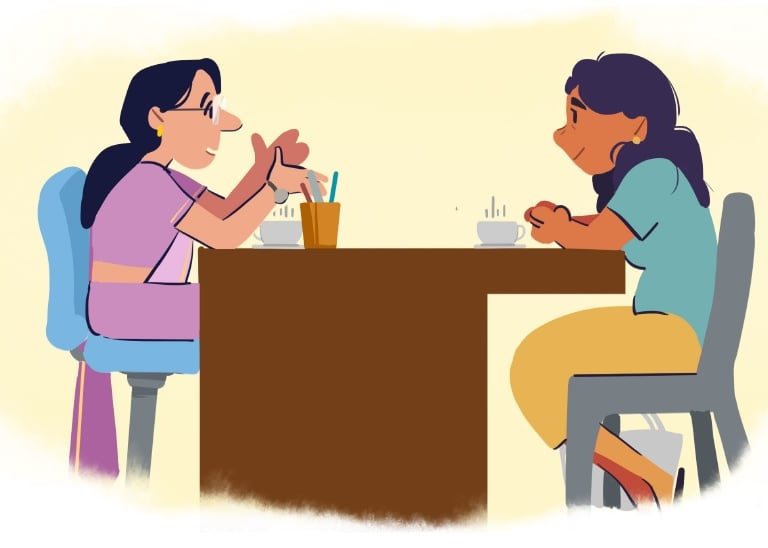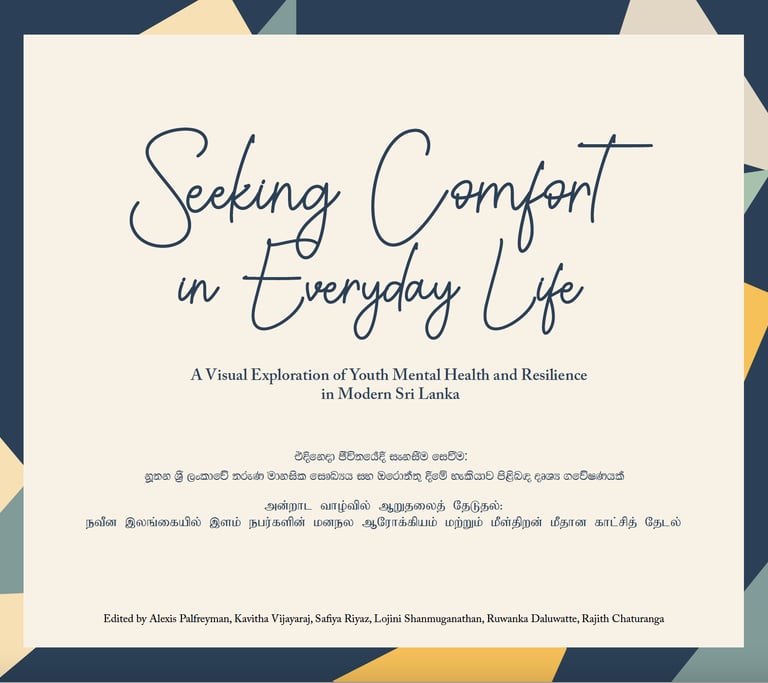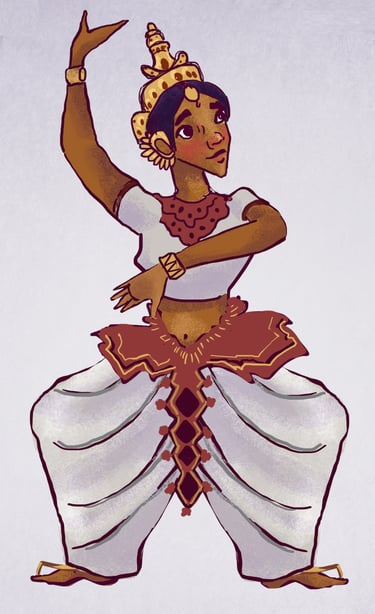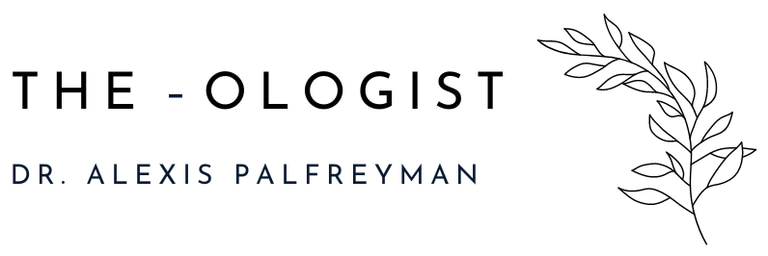Resources
SUPPORTING MENTAL HEALTH & WELLBEING IN SURVIVORS OF VIOLENCE AGAINST WOMEN: A PRACTICAL WORKBOOK FOR COMMUNITY-BASED CARE IN SRI LANKA
Professional guidance - now available in English, Sinhala, and Tamil
This practical workbook aims to skill up service providers, including 'first responders' and those with no mental health training, who are meeting survivors of Violence Against Women in their daily roles in Sri Lanka and similar contexts. It provides a structure to offer respectful and responsible care that responds to survivors’ mental health and psychosocial needs. In low resource settings like Sri Lanka, many community-based services lack the in-house ability to deliver specialist mental health interventions. Using illustrated storylines following relatable characters, we walk providers through basic guidance on:
Preparing to offer support (what to do before you meet her)
Steps to early psychosocial assistance (what to do when you meet her), and
How to look after yourself while doing this critical work.


The workbook provides opportunities for providers to reflect on their values, learning, and practice throughout.
This resource was directly shaped by women survivors, service providers, and a multidisciplinary partnership of academic and clinical researchers (2018-2023) in Afghanistan, India, Sri Lanka and the UK.
Print-enabled versions are available in all languages upon request.
SEEKING COMFORT IN EVERYDAY LIFE: A VISUAL EXPLORATION OF YOUTH MENTAL HEALTH & RESILIENCE IN MODERN SRI LANKA
A trilingual photography book - now available
Based on academic research (2018-2022), Seeking Comfort intentionally takes readers outside the typical authority circles on mental health to share a fresh, youth-led perspective on what young people do, wish to do, and observe in other youth to navigate day-to-day life and mental wellbeing. Harnessing the power of photography, 81 non-professional photographers present visual data on youth mental health from across Sri Lanka. Alongside global evidence, we curated 11 “collections of coping” which consider more holistic, youth-led ideas for bolstering young people’s mental health in everyday ways and spaces.
Co-developed in 2022 with an impressive team of young researchers, this trilingual book can kickstart conversations with and for young people and sparks ideas for how we can infuse our homes, schools, workplaces and beyond with gestures and resources that bring comfort. The coping strategies explored are likely relevant for young people around the world and add to a growing body of global mental health research which supports social, low- or even no-tech, adaptable approaches to boosting youth connections to each other and to the world around them.


Resources to explore the Pain Pathway concept are available now in English, Sinhala and Tamil! Visit painpathway.org for more.
Pain Pathway Stories is an animated film following the lives of Sanduni, Lakshmi, and Rizana – three women navigating hardships at different stages of life in a changing South Asian context. Their stories are based on a decade of my research on women's self-harm and suicide in Sri Lanka which produced the world’s first stage-based model, the Pain Pathway, explaining the common pattern or process in how women and girls become vulnerable to choosing and using self-harm. This trilingual film is under development with creative partners in Sri Lanka, launching early 2025.
Both the film and website are suitable for learners from adolescence onwards, and may be useful for individuals, schools, health and social service providers, and other stakeholders interested in prevention and support for self-harm and suicide among women and girls.
Reach out for more information.


PAIN PATHWAY STORIES: A ROAD TO PREVENTING SELF-HARM IN WOMEN & GIRLS
Film and website launching 2025
CULTIVATING CAPACITIES IN COMMUNITY-BASED RESEARCHERS: LESSONS FROM A PARTICIPATORY STUDY ON VIOLENCE & MENTAL HEALTH IN SRI LANKA
Recommendations and Opportunity Timeline available in English, Sinhala, and Tamil
Despite growing reliance on community-based data collectors to deliver sensitive and 'participatory' research, their needs receive little attention, especially in low resource settings. Stemming from our work on violence and youth mental health during COVID-19, we explored community-based researchers' experiences of learning in the field, maintaining boundaries, navigating challenges, and securing support from research leadership. Together, we identified common practice gaps and opportunities for all research groups to consider in order to create respectful, safe, and genuinely co-productive team dynamics.
We've created practical resources for anyone working in community-based or participatory research, mapping an 'Opportunity Timeline', to help research organisations, funders, and teams consider how to maximally benefit from real-world Recommendations around:
Communication and team culture
Training
Human and consumable resources
Project design, and
Navigating volatile research conditions
To read more about our work, see our co-authored publication in PLOS Global Public Health.


